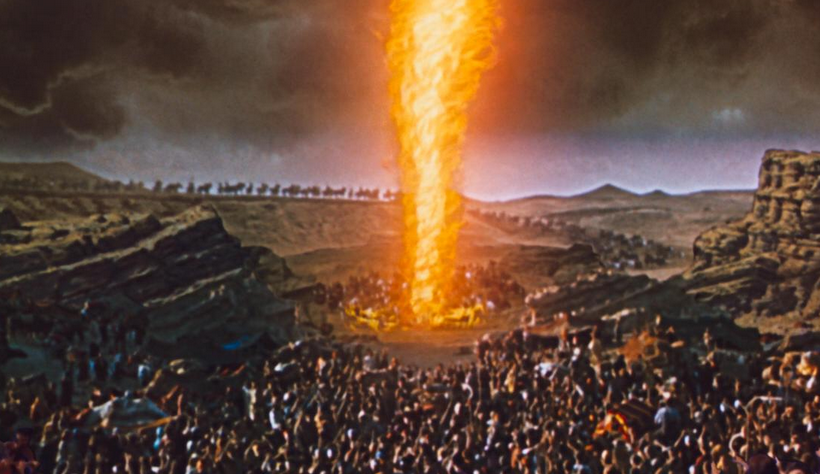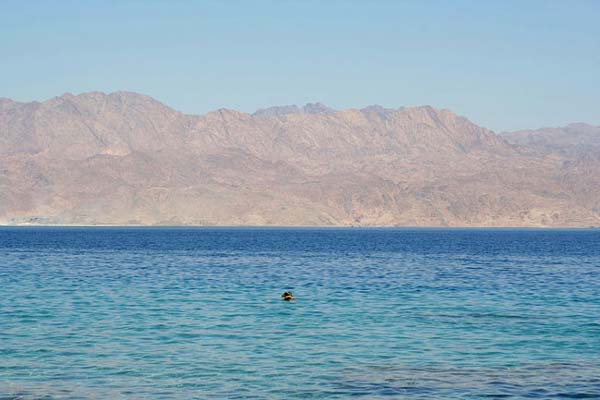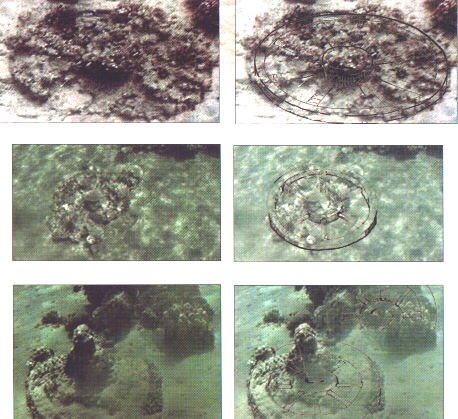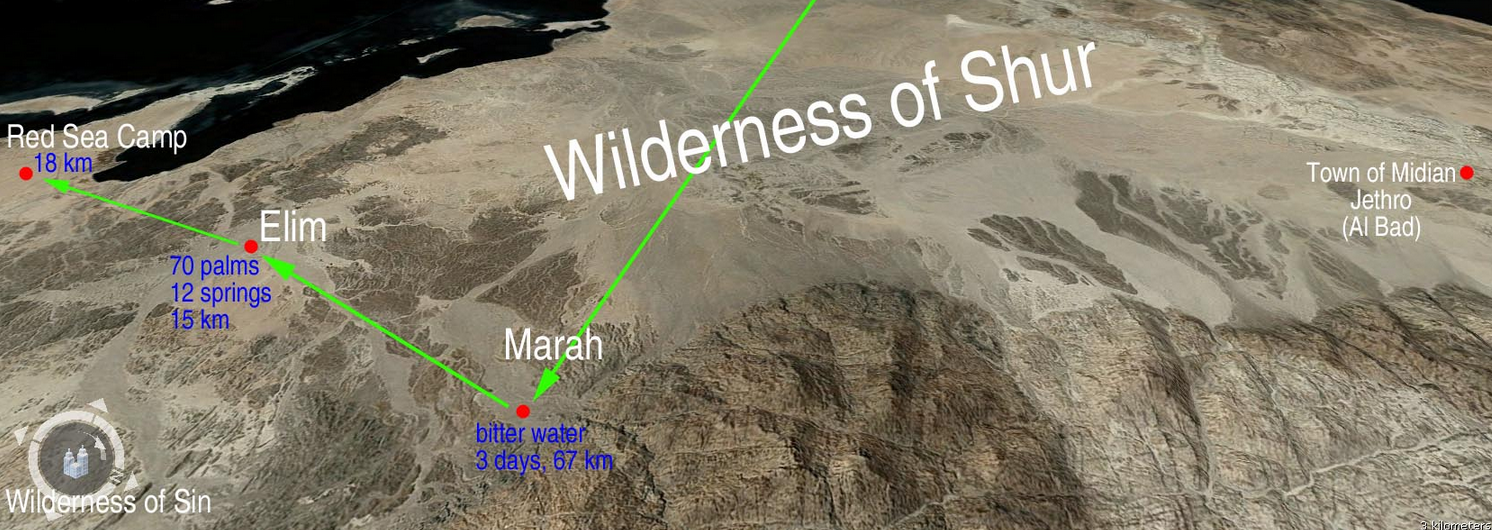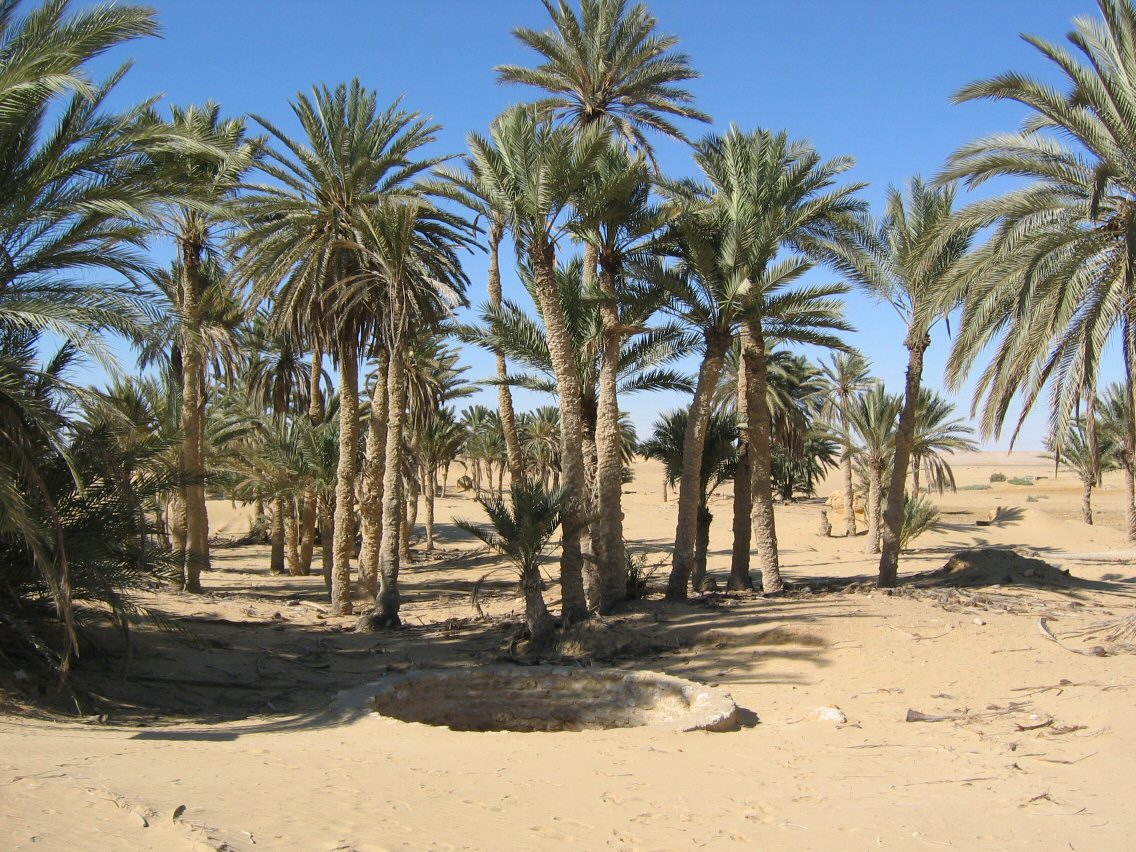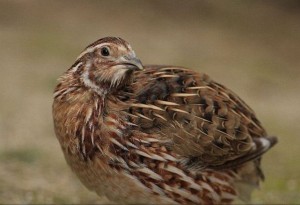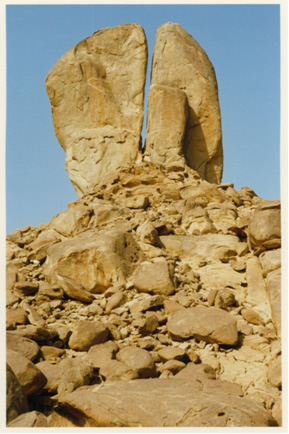בְּשַׁלַּח
Parshah Beshalach
Exodus (Shemoth) 13:17-17:16
“And it came to be, when Pharaoh had let the people go, that Elohim did not lead them by way of the land of the Philistines, though that was nearer, for Elohim said, “Lest the people regret when they see fighting, and return to Mitsrayim.”- Shemoth (Exodus) 13:17
This Torah Portion is called בְּשַׁלַּח BeShalach which literally means “in sending” but translates often “when he sent”. This refers to Pharaoh sending Yisrael out of the land of Mitsrayim. The great Exodus of the people of Yisrael, and the minority of Mitsrites who joined them, begins on a route toward Yam Suf, which means literally sea of reeds, in modern times known as the Red Sea. YaHuWaH did not directly lead his people to the land of the Philistim (Philistines) saying that if the people saw battle they would grow weary and return to Mitsrayim. YaHuWaH appeared in Amod Anan (עַמּוּד עָנָן) a pillar of cloud by day and Amod Esh (עַמּוּד אֵשׁ) a pillar of fire by night, to lead the way in which the congregation was to go. The pillar did not cease by day or the fire by night.
Mosheh also brought the bones of Yahuwseph (Joseph) just as he had made his brothers promise to bring his bones to the Promised Land. YaHuWaH led his people from Sukkoth to Ethanim. There he brought Yisrael (Israel) to encamp at פִּי הַחִרֹת (Pi ha-Chiyroth ) or literally the mouth of caverns, between migdol or a fortress, and the yam or sea. This location is described as over against Baal Tsephan, which is, a region in Mitsrayim near the Red Sea named after a demon of the Mitsrites. When Pharaoh saw the route that Yisrael had taken, he declared that “the land has swallowed them in”, this was due to the geographical location in which they camped. Pharaoh’s heart was yet again lifted and he pursued the children of Yisra’el (Israel) with chariots and armies. He believed that his mighty ones were more powerful than YaHuWaH, it is safe to say he believed baal (the lord) of Tsephan was going to aid him in a swift victory over the seemingly trapped Hebrews (Abrim or Ibrim). Pharaoh and his army came by way of Pi ha-Chiyroth being it was the only way in and out. The camp of Yisrael was stricken by fear, although YaHuWaH was with them. The Malak (Messenger) of YaHuWaH and the pillar of cloud went to the rearguard and blocked the Mitsrites from harming the people. Mosheh spoke to the people to stand back and see the deliverance of YaHuWaH, literally Et Yashuat YaHuWaH.
et yashuat YaHuWaH-
The אֶת alef taw pronounced “et” is a picture of Mashyach (Messiah) who is the word of YaHuWaH, the first and the last. The א alef is the first letter in the Hebrew “alphabet” (Alefbeit) and the ת taw is the last. This word et or אֶת alef taw appears before יְשׁוּעַת יְהוָה Yashuat YaHuWaH. The Name of Mashyach is Yahuwshuwa which is literally a combination of YaHuWaH and Yashua!
Mosheh is then instructed to raise his staff over the Yam Suf (Red Sea) and when he does a great wind or breath (ruwach) from the east divided the waters. The children of Yisrael then walked between the two standing walls of water on dry ground. By daybreak all of Yisrael had crossed the Yam Suf and the cloud was lifted.
(Red Sea present day)
At this moment Pharaoh and his army tried to chase after the people by going the only route available, between the two standing walls of water. The text states that YaHuWaH looked down upon the Mitsarites from the pillar of fire and brought them into confusion and dismantled the chariot wheels. Mosheh raised his staff and the waters crashed down upon Pharaoh and his army.
Misirite (Egyptian) style chariot wheels found in the Yam Suf (“Red Sea”)
Immediately following this devastating event Miriyam lead the entire nation of Yisrael into song. We call this song “shir ha’yam” or the song of the sea.
“I sing to YaHuWaH, for He is highly exalted! The horse and its rider He has thrown into the sea! “Yah is my strength and song, and He has become my deliverance. He is my Al, and I praise Him – Aluahym of my father, and I exalt Him. “YaHuWaH is a man of battle, YaHuWaH is His Name!”-Exodus (Shemoth) 15:1-3
The first few lines of this song is highly prophetic. The Mashyach (Messiah) of Yisrael’s very name is prophesied in these verses
“Azi w’zimrat Yah w’yihi li l’Yashuah.”
My Strength and song-YAH and he is becoming mine unto Yashuah (deliverance/ salvation/ redemption )
Yah has become my Yashuah is a foreshadowing of the Name Yahuwshuwa (Yahushua)!
The next verse states יְהוָה אִישׁ מִלְחָמָה יְהוָה שְׁמֹֽו “YaHuWaH ish milcama YaHuWaH shmo” (YaHuWaH is a man of battle, YaHuWaH is his Name!)
We know that YaHuWaH Almighty is not a man in the literal since so what does this mean? Clearly this is a reference to the Malak YaHuWaH or Messenger YaHuWaH. Often in many corrupt English versions a Malak is called an angel, however the word angel and the image associated are of pagan origin hence why they wear the halo of the helios, sun deity. YaHuWaH is united with his malak in so much that the children of Yisrael sang “YaHuWaH is a man of battle”. We know the Malak YaHuWaH went to defend the rear guard while Yisrael crossed the sea, so he is indeed the אִישׁ מִלְחָמָה “man of war”. Obviously Genesis states YaHuWaH created Adam in his likeness and image therefore YaHuWaH is masculine.
From the Red Sea, YaHuWaH led his people into the wilderness of Shur where they journeyed for three days yet found no water. Finally they reach the bitter, undrinkable waters of Marar. The people grumbled against Mosheh until he called out to YaHuWaH.
Then he cried out to YaHuWaH, and YaHuWaH showed him a tree. And when he threw it into the waters, the waters were made sweet. There He made a law and a rightruling for them, and there He tried them. And He said, “If you diligently obey the voice of YaHuWaH your Elohim and do what is right in His eyes, and shall listen to His commands and shall guard all His laws, I shall bring on you none of the diseases I brought on the Mitsrites, for I am YaHuWaH Raphekha (who heals you). Exodus (Shemoth) 15:25-26
From Marah they traveled south to the oasis of Elim (אֵילִמָה) where there were “twelve springs of water and seventy palm trees.” We know this area to be in the ancient land of Madian (Median), which is currently Saudi Arabia according to Shaul the Shalyach (“emissary” or “apostle). Twelve springs of water still remain there although the 70 palm trees have multiplied over the years.
On the fifteenth day of the second month they arrived in the wilderness of Sin between Elim and Mt Sinai. By this time the children of Yashar’al (Israel) began to complain that in Mitsrayim they had meat and bread to their satisfaction and even accused Mosheh (Mushah) of leading them into the wilderness to die. YaHuWaH declared that he would provide them with the meat of quail due to their bickering.
That evening and in the morning he would also rain down bread from the Shamayim (Heavens). The following morning Yisrael discovered a small round substance, like frost in resemblance to coriander seed, when they saw it they said “Mah Na”, which literally translates “What is it?” That is why the bread of Shamayim is called “Manna”. YaHuWaH commanded the children of Yisrael to gather “manna” for six days, an omer per person but on the sixth day they are to gather a double portion because no manna was to fall or be gathered on the weekly Sabbath. This verse alone proves a non-breakable chain of Sabbaths (shabbathot) that must be every 7 days. Of course we have already covered the book of Beresheeth (Genesis) and have already seen that the first observance of Shabbat was when YaHuWaH “shabat” or ceased from his own work on the seventh day. The weekly manna was only edible the day it feel and that night but in the morning it would breed worms and be destroyed. This was the case of course, except for the sixth day when a double portion was given to be stored for that day and the Shabbat. Yisrael ate manna for 40 years in the wilderness until they came to the border of the land of Kena’an. So for 40 years YaHuWaH rained manna for six days and none on the Shabbat. The Sabbath is every 7 days, in 40 years no mention of a new moon or new year interfered with the weekly Sabbath and giving of Manna. If the children of Israel only ate one meal of manna a day they consumed 14,560 total meals of Manna, it would be safe to assume they probably ate more than one meal of Manna per day so that number could easily double or triple. The only sign given for the Shabbat is that upon the seventh day of every week no Manna would fall. The week is a never ending cycle of seven dating back to creation. The word Shabuah or week in fact comes from the word Sheba meaning seven and both of these words are related to the word Shabbat.
And Mushah said, “Eat it today, for today is a Sabbath to YaHuWaH, today you do not find it in the field.“Gather it six days, but on the seventh day, which is the Sabbath, there is none.”And it came to be that some of the people went out on the seventh day to gather, but they found none.And YaHuWaH said to Mushah, “How long shall you refuse to guard My commands and My Torot ?“See, because YaHuWaH has given you the Sabbath, therefore He is giving you bread for two days on the sixth day. Let each one stay in his place, do not let anyone go out of his place on the seventh day.”So the people rested on the seventh day. – Exodus (Shemoth) 16:25-30
YaHuWaH also directly related the idea of Shabbat with the idea of a double portion of bread from Shamayim. YaHuWaH calls the keeping of Shabbat his Torot which is plural for Torah, this is before the ten commandments were given and therefore significant. The Shabbat was first observed by YaHuWaH in Beresheeth or Genesis 2 when the text reads “and he rested” the Hebrew says w’y’shabbat which means literally “ and he Shabbat”. He is now giving his children the sign of his covenant that they too must rest as he rested. We know Yahuwshuwa our Messiah taught that he was the bread that comes down from Shamayim, indicating that the manna was a foreshadowing of his coming; he also taught that he was the master of Shabbat. YaHuWaH commanded that no baking or cooking is to be done on the Shabbat, a law forever. Aharon took a pot and put an omer of Manna in it as a reminder to future generations.
From the wilderness of Sin, YaHuWaH led the congregation of Yisrael to Rephidim. Again the congregation began to complain of thirst, so much that Mosheh said to YaHuWaH, “yet a little more and they will stone me.” YaHuWaH commanded Mosheh to take some of the elders with him and smite the rock in Horeb with the staff, which he used to part the Red Sea. Mushah called this place Massah and Meribah (מַסָּה וּמְרִיבָה) “testing and arguing” because of the strife in which the children of Yisrael tried YaHuWaH.
(Could this be the very rock split by Mosheh?)
After this the Amaleqites came to battle against Yisrael. Amaleq was a grandson of Edom but it is assumed for various reasons that his seed mixed with the giants in the land of Canaan. Mosheh commanded Yahuwshuwa (Joshua) to choose men to go to battle, appointing Yahuwshuwa captain of the Army. Mosheh went up on top of the hill with the rod of Elohim in his hand. When Mosheh’s hands were raised, Yisrael prevailed, if his hands went down at all Amaleq prevailed.
But Mosheh’s hands were heavy, so they took a stone and put it under him, and he sat on it. And Aharon and Hur supported his hands, one on one side, and the other on the other side. And his hands were steady until the going down of the sun. And Yahuwshuwa defeated Amaleq and his people with the edge of the sword.– Exodus (Shemoth) 17:12-13
One of the most abstract terms in modern religion is faith. This word is often considered to be synonymous with belief. In Hebrew (Abryt/Ivrit) the word often translated belief and faith come from Amun, Amunah and Emunah. Mushah shows us the reality of Amunah in this passage of Torah.
“his hands were steady”
The word translated “steady” here is Amunah (Emunah). The literal definition in Hebrew for this word is not faith or belief but rather perseverance and being steady or stead fast. Amunah is all about the perseverance of your lifestyle; it’s all about action. However today’s idea of faith or belief is what you believe in your head. You can sit on a pew for 70 years believing something in your mind and people would say you have faith but if you do not have perseverance and steadfastness in your righteous walk with YaHuWaH, you do not have Amunah. Amunah is an extension of what you believe but not the belief itself. It is an action of walking upright because of the belief inside of you. In Hebrew thought you cannot have one without the other.
And YaHuWaH said to Mushah, “Write this for a remembrance in the book and recite it in the hearing of Yahuwshuwa, that I shall completely blot out the remembrance of Amaleq from under the heavens.” And Mushah built an altar and called its name, YaHuWaH Nissi, for he said, “Because a hand is on the throne of Yah, YaHuWaH is to fight against Amaleq, from generation to generation.”– Exodus (Shemoth) 17:14-16
If we will guard YaHuWaH’s statutes and commands we will be steadfast, unshakeable and demonstrate the perseverance that is true Amunah. Only then will we overcome and learn that it is YaHuWaH that fights our enemies. He only requires us to lift our hands and have the steadfastness to keep them up even in the midst of trials and tribulation. At the end of our wars in this life and the next we will know YaHuWaH as YaHuWaH Nissi, our banner and our sign. YaHuWaH is our flag, he is our signal and when we go to war, he goes with us! YaHuWaH will defeat the giants and the Amaleqites, of this life. Just as Mushah said before crossing the Red Sea “stand back and you will see the Yashuah (deliverance) of YaHuWaH.” In the Song of the Sea we learned “YaHuWaH is a man of battle, YaHuWaH is his Name!” HalleluYAH!


